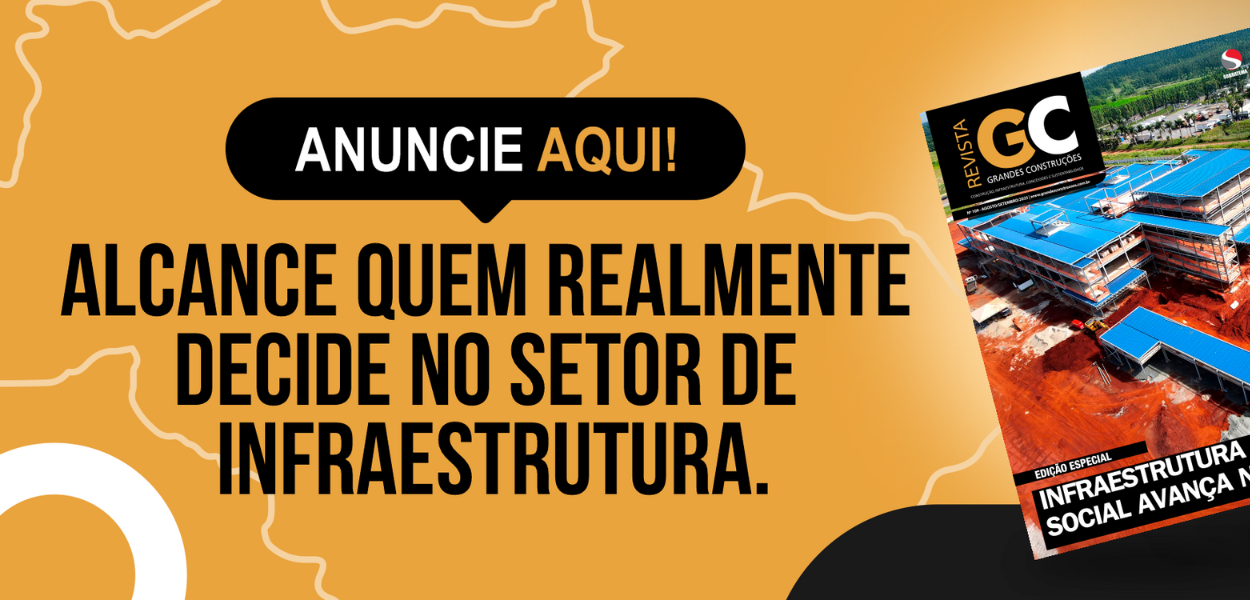Better, but not so much
The situation of road network has improved, but risks remain in 57 percent of the total
The general condition of federal public roads improved 24.0 percent points, going from 18.7 percent of roads classified as “optimum” and “good” in 2004 to 42.7 percent in 2016. This conclusion comes from the Confederação Nacional do Transporte (CNT – National Confederation of Transport) and is in its study Transporte Rodoviário – Desempenho do Setor, Infraestrutura e Investimentos (Road Transport – Performance of the Industry, Infrastructure and Investments), issued by the entity at the beginning of August. This is the first analysis of the historic series of the CNT Road Research, which includes the period between 2004 and 2016. It evaluates the evolution of infrastructure quality and of investments in the area and proposes actions to solve the obstacles observed. Once a year, the Confederation inspects and evaluates 100 percent of the federal paved road network and issues its CNT Road Research.
In spite of the relative evolution of quality, according to the study there are no reasons to celebrate. Inappropriate traffic conditions remain in 57.3 percent of the public roads that were inspected.
In 2016, approximately 31,000 km still had deficiencies in pavement, signaling and geometry. These problems increase the operating cost of transport, compromise road safety and generate negative impacts to the environment.
In the 13 years analyzed it is possible to see a direct relationship between the quality of Brazilian roads and the federal investments in road infrastructure. In 2011, for example, the federal government invested the highest total in transport infrastructure of the period, R$ 15.73 billion. The study identified that the percent of roads considered as optimum or good in that year was of 41.3 percent. In 2004, when the input of resources was the lowest of the considered period (R$ 3.90 billion in federal investments), only 18.7 percent of the federal roads had positive evaluation in the CNT research.
Even considering the low investment in 2015 and 2016 (respectively R$ 6.33 billion and R$ 8.61 billion), we may notice stabilization in the rates of positive evaluation (42.1 and 42.7 percent). Among other reasons, this is caused by the investment in maintenance and improvement of signaling, that has lower cost.
The total invested in 2016 (in real values) practically returned to the level of 2008. The strategy of the government was to invest in road maintenance and repair, what concentrated 64.3 percent of the total spent in 2016.
In CNT’s evaluation, the indication that more than half of the inspected sections are inappropriate shows the lack of investment priority along the years, even considering that most of Brazilian loads and passengers are transported through this modal.
CNT proposes to increase the participation of private initiative in structural works, to offer legal safety and attractive conditions for the investors, to diversify the ways of financing, to ensure transparency and efficiency in the communication between government and private areas. For CNT, it is also necessary to define rules for investment priority, aligning the projects selected to receive public resources with the targets of the industry. Another question would be to exclude the Cide - fuels of the calculation of the DRU (Desvinculação de Receitas da União – Untying of Union Income) as a way to ensure higher investments in transport infrastructure.
“Road transporters need higher safety, lower costs and increase of competitiveness. To do so, investments in road infrastructure have to become a priority, with appropriate planning and definition of essential projects”, says Clésio Andrade, president of CNT. For him, it is fundamental that private initiative may participate in the construction, maintenance and operation of the roads. “But to make this occur, conditions have to be stable and attractive, with clear rules and guarantee of legal safety”, observes him.

Av. Francisco Matarazzo, 404 Cj. 701/703 Água Branca - CEP 05001-000 São Paulo/SP
Telefone (11) 3662-4159
© Sobratema. A reprodução do conteúdo total ou parcial é autorizada, desde que citada a fonte. Política de privacidade










